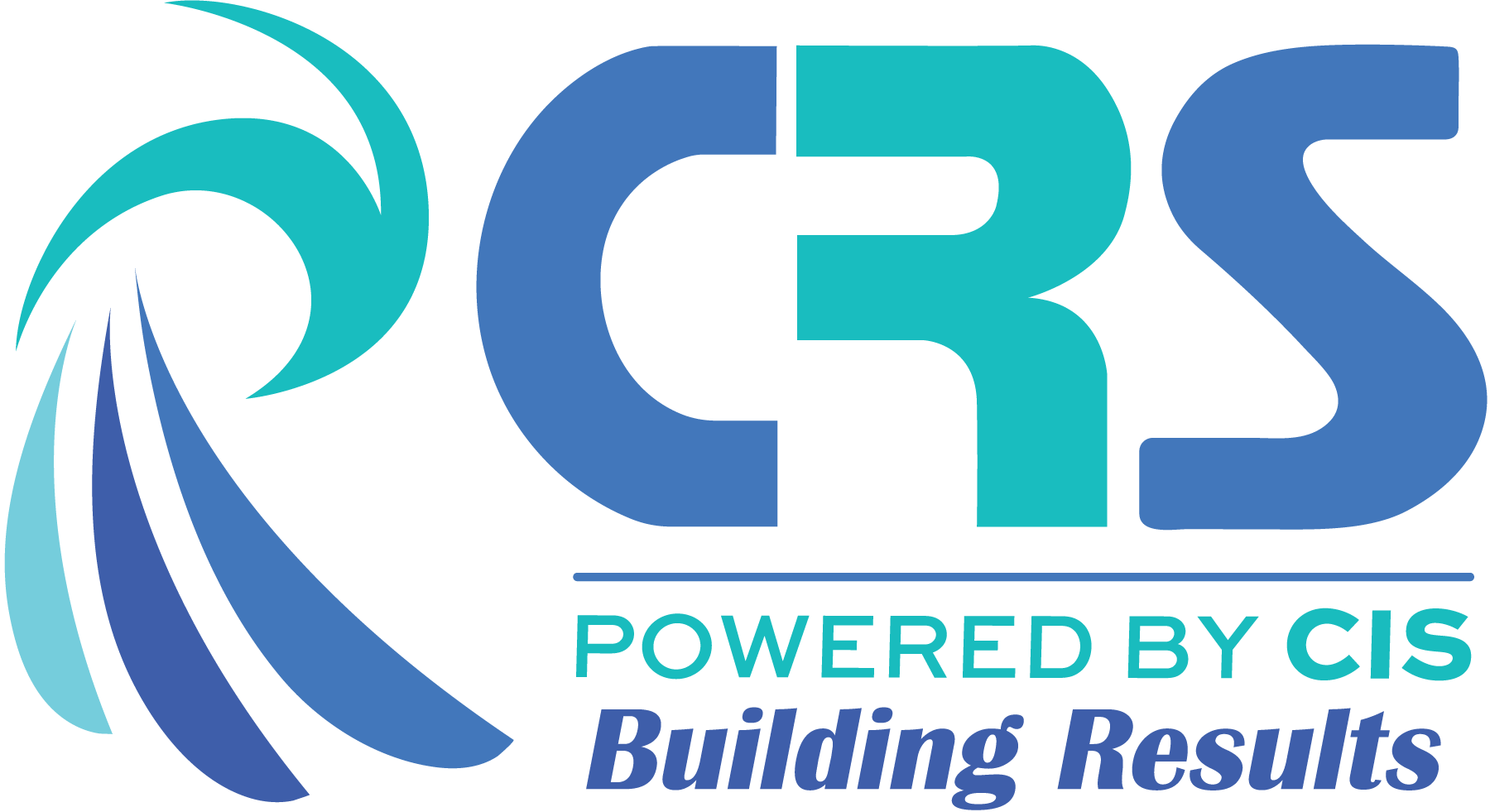Bid bonds are important for contractors to be able to bid on public work projects. Bid bonds time and time again, when I talk to folks about bid bonds or contractors about bid bonds, it’s number one; the biggest thing that people are confused about is that a bid bond or a bond for a construction site is not insurance. That is the biggest thing I think even other insurance professionals that I talked to are not clear about what bonding is so let’s talk about bonds in general right here.
The Difference Between Insurance and Bonding
A bond is not insurance. A bond is a line of credit that you have to pay back if somebody makes a claim on the bond. It’s important to understand that. The second thing that’s important to know about bonding is that most of the time that I’ve seen, I would say almost always is for public works state and city projects. It’s there to protect the public from any problem during a construction project if there is an issue.
If a contractor was working for a city and, for some reason, can’t fulfill their requirements, the bond would come in and protect the city from losing money on that bid, and then they can hire another contractor to finish the work, and then they go after the bid bond, or then they go after the performance bond actually, but they will go after the bond to have the work finished so it’s like a guarantee that’s set up almost always for public works jobs, not for private jobs.
What Type Of Jobs Needs Bonding
Sometimes I get calls from people that want to get it for a custom home. They want to make sure that they can get the guy bonded in case he doesn’t fill his job. There might be a bond out there that does that, but in the big scheme of things, the public work bonds are something that I’ve worked on, and those bonds are basically not a line of credit and they’re designed just for public works projects.
Bid bonds are 10% of what your bid’s going to be for a city or a state. 10%, meaning that you can either put a money order or a cash deposit down for your bid, and that would protect the bid so when you get awarded the job and for some reason, you can’t get the job, whether the insurance doesn’t show up or the bid bond or your bonding falls apart, they have 10% of that money that they’re going to use to go rebid the project.
What is the Cost for Bonds?
If big companies do a million dollars or more on projects, their rates come down a lot. But typically, on the smaller things under a million in general, it’s like a 3% rate for your bonding, and that would be for every piece of bonding, so you start with your bid bond, then move over to your performance bond. There could be a payment bond or a warranty bond, but ultimately, it’s all one bond. You start with the bid, and if the bonding company says, “I’ll write this bid bond for this company,” then as you’re awarded the job, the bid bond is going to turn into the performance bond, and then it’s going to roll into the payment bond.
I hope that helps with bid bonds, but it helps understand what a bid bond is. When do I get a bid bond? How long does it take to get a bid bond? It takes at least a week, at least a week. The first step is to set up you’re bonding and see how much you qualify for. How are you supposed to go out and bid on a job if you don’t even know how much you qualify for? Typically, it depends on jobs that you’ve done before that you qualify for your bid bond, and it depends on how many financial assets you have to handle the bond if there’s a claim. I just want you to know the bid bond is 10% of your bid. The bid bond sets up you’re bonding for the project. If you get approved for your bid bond, that means you’re going to get approved for the rest of the bond moving forward, and the bid bond is not an insurance piece; it is a credit line, and you can bid on projects that you’ve already done prior. A lot of times, you have to build up to your bid bonding. You have to start with a $100,000 bid, and then it moves on, okay? Then, if you get qualified for a million dollars of bonding, you can either do one job for a million dollars or if you got $10 million in bonding, you could do up to 10 million. Usually, we can split it up in pieces. You can do 10 jobs at a million apiece or as many as you want up to that point usually. If you have any questions regarding this subject matter, please contact me.

